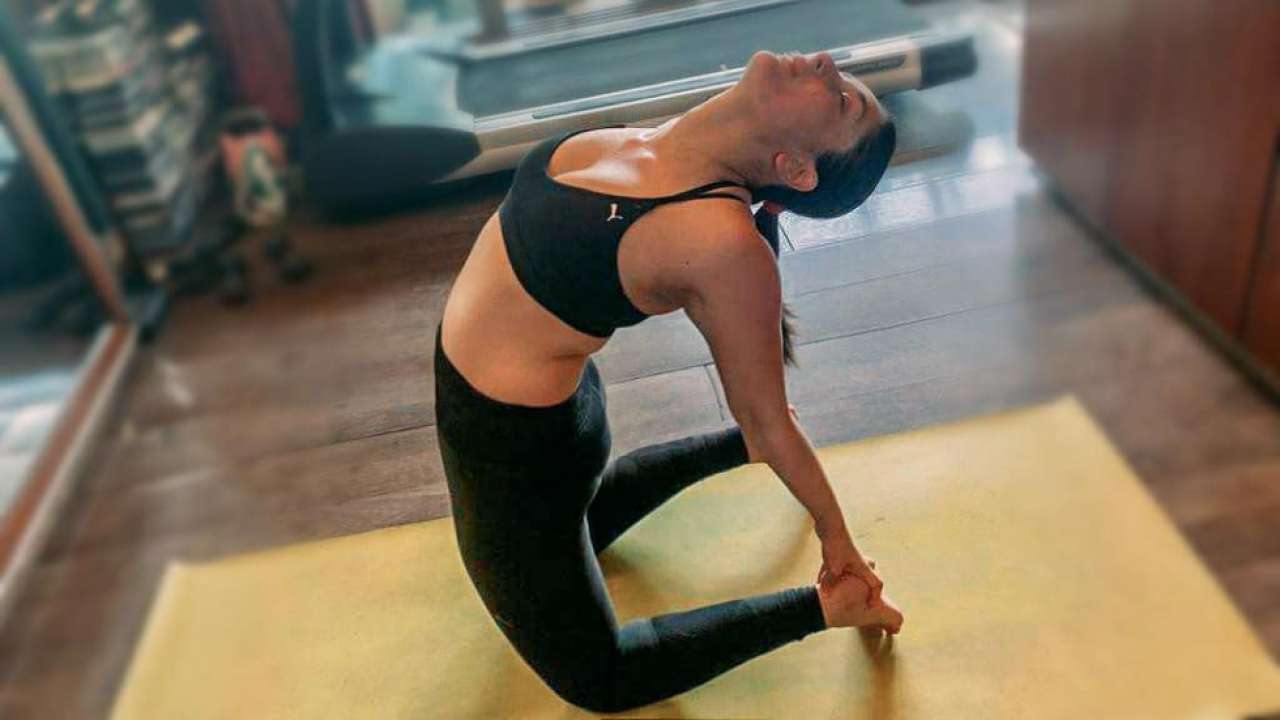Pranay Jain, Founder and CEO, BodyFirst
Two years ago, the world was swept with Covid-19. A global lockdown was observed as the infected count continued to rise. The pandemic placed health and precaution at the forefront of every priority list. The use of masks became mandatory, and the government scrambled to curb the spread of this virus. India observed over four crore cases of Covid-19 since it started whereas globally there were over 40 crore cases. 2 years later and are still amid this pandemic. As new strains continue to be discovered, it is imperative to be cautious and smart about fitness and health.
Covid-19 infects the body by entering the healthy cells. The spiky surface protein starts attacking the healthy cells, especially the ones in the lungs. The virus spreads through droplets from an infected person’s cough, sneeze, or breath. It takes a few weeks for the infected to fully recover. The symptoms of this virus include fever, cough, difficulty breathing, chills, body ache, congestion, runny nose, loss of smell, loss of taste, nausea, and vomiting. The symptoms can be mild or severe for different people depending on various factors like the strain of the virus, immunity of the individual, existing medical conditions among other things. Some patients may experience lingering symptoms. These are the after-effects of Covid. They include fatigue, shortness of breath, chest pain, prolonged cough, joint pain, headache, muscle ache, dizziness, and loss of appetite. It is very important to take care of yourself when one is affected. However, it is equally imperative that one builds good fitness routines when recovering from Covid to regain strength and support the body is recovering.
Brisk Walking:
When the body is still recovering from Covid, one needs to be cautious as to not overwork the muscles. Fatigue muscles might cause more damage to your body during this stage. Starting with brisk walking for a few minutes every day will help the body build strength over time. Depending on the age, one can also practice slow walking. Because of the quarantine during the Covid stage, walking in the sun will also help refresh the body. Vitamin D will help your cells heal faster. It is an anti-inflammatory property and enhances the immune system of the body. You could start with 2000 steps and slowly increase to 6000-8000 steps.
Pilates:
Pilates is one of the recent fitness trends that caught on in the past few years that boosts immunity. It is a low-impact workout that enhances your core and strength. It is an integrated fitness program that focuses on the whole body. It has multiple exercises that accommodate people of all ages and gender. It gets the body moving and stimulates the muscles and the spine, helping body alignment and keeping the circulation across the body strong which highly energizes the body. Doing Pilates while one is recovering from Covid can help in gaining the energy back and starting to be able to do everyday activities without feeling tired while reducing body aches. It connects the mind and the body creating proprioception.
Strength Training:
Also known as reduction training, it is one of the most preferred and oldest forms of fitness routine. Strength training is designed to enhance the body’s endurance and boost immunity. It increases the blood flow throughout the body and relieves stress. It can include calisthenics, high-intensity interval training (HIIT), and the use of dumbbells. Calisthenics is when one uses their own body weight to perform various exercises. HIIT is an intense form of workout and should be performed once one is almost recovered from the Covid. Strength training tunes the digestive system and clears up the brain fog which is highly important as you recover from Covid. It releases endorphins in the body that are neurochemicals and makes one feel happy. With the added effect of enhancing mental health, it also makes one feel motivated.
As one recovers from Covid, it is important to listen to the body. One should not push the body beyond limits but start with small additions of fitness in the routine. Depending on the strength of the body, age, and gender, choosing a fitness routine that works is essential. One can then challenge themselves to increase the intensity gradually. These fitness routines will help build immunity and strength in the body making recovery easier and smoother.











